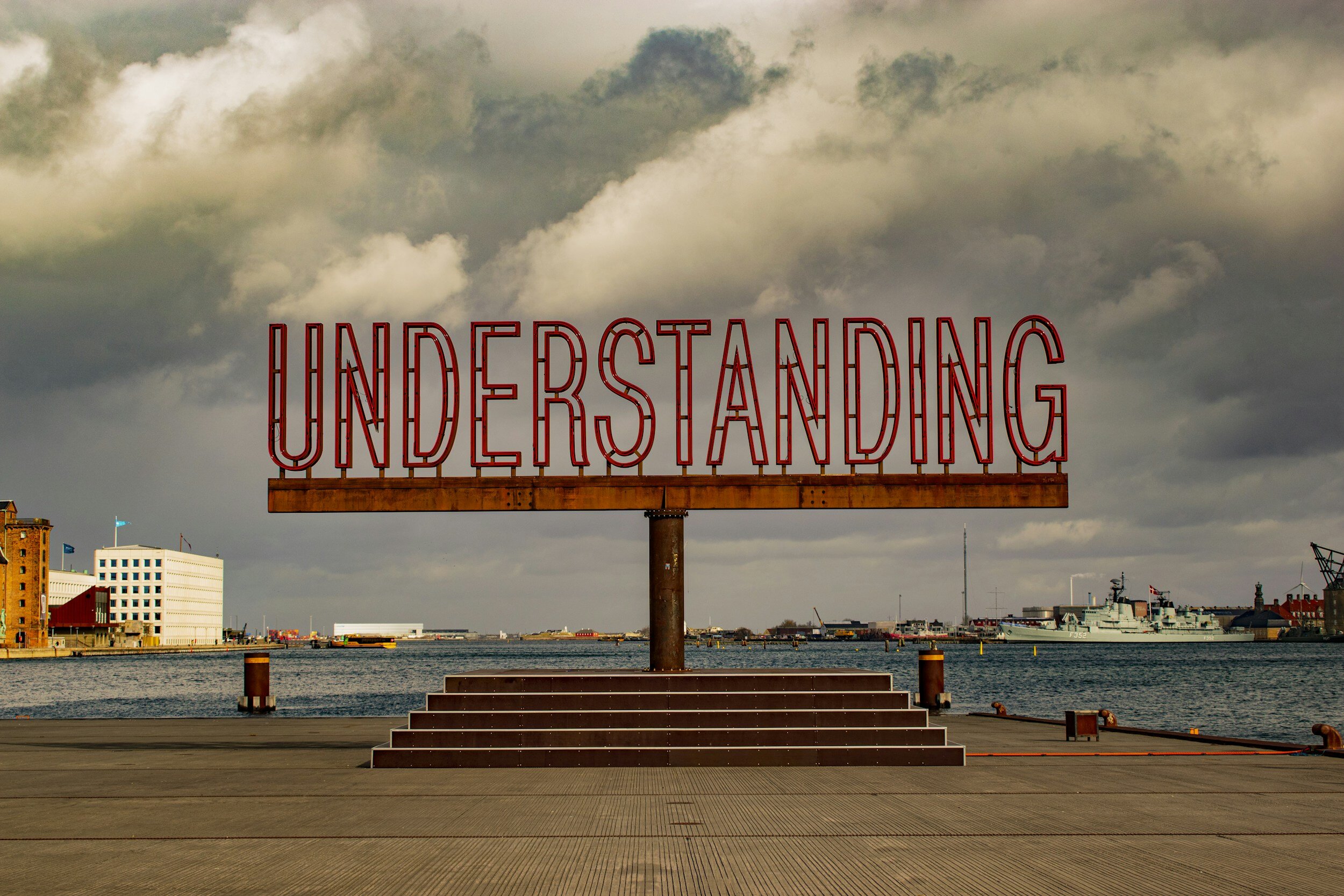Human Understanding: Unveiling the Backstories That Shape Our Behaviour
In today’s blog, I’d like us to think about the time we take to actually understand each other. In the intricate tapestry of human interactions, each person carries their own unique backstory that moulds their responses and actions. While it may not always justify behaviour, understanding these personal narratives provides a glimpse into why we are the way we are.
From genetic factors to past experiences, our reactions to situations are deeply rooted. Friends may offer advice, urging us not to stress or be too laid back, but true comprehension requires walking in someone else's shoes—attending the same school, enduring poverty, or facing challenges akin to our own.
This universal truth extends to everyone on the planet, as we are all shaped by our personal experiences. So, when a colleague snaps, a friend disappoints, or a partner forgets, remember, there's always a reason, even if it seems trivial.
Why does this matter? Understanding the reasons behind negative behaviour becomes a powerful tool in navigating relationships. It doesn't necessarily change their actions, but it makes it easier for us to cope. By delving into the motivations of others, we open the door for them to drop their defences and, potentially, alter their behaviour.
Imagine a stress-prone boss, seemingly irrational when deadlines approach. Instead of resentment, consider the possibility that their strict upbringing or past job experiences fuel this behaviour. Sympathy emerges, and the desire to help follows suit. Simple gestures, like ensuring punctuality and transparent communication about deadlines, can transform the dynamic, reducing stress for everyone involved.
To be clear, this isn't an excuse for anyone’s bad behaviour. No one should endure unwarranted stress, anger, or insecurity projected onto them. However, acknowledging and understanding others' motivations empowers us to navigate these situations for our own well-being.
In the grand scheme of humanity, personal experiences undeniably shape behaviour. Embracing this reality fosters empathy, making it easier to navigate the complexities of human interaction. So, the next time you find yourself on the receiving end of negativity, remember: there's always a reason, and understanding it can be your key to resilience and compassion.

